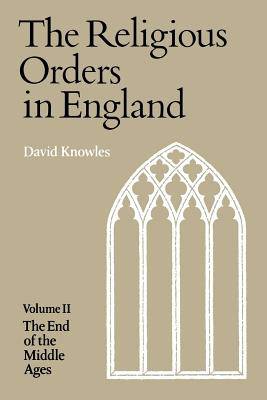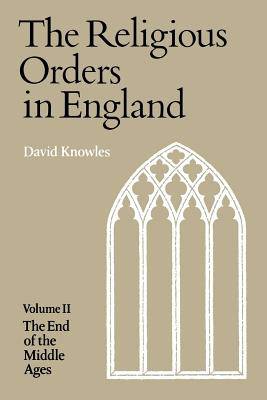
- Afhalen na 1 uur in een winkel met voorraad
- Gratis thuislevering in België vanaf € 30
- Ruim aanbod met 7 miljoen producten
- Afhalen na 1 uur in een winkel met voorraad
- Gratis thuislevering in België vanaf € 30
- Ruim aanbod met 7 miljoen producten
Zoeken
€ 57,95
+ 115 punten
Uitvoering
Omschrijving
This book covers a period (1336-1485) neglected by historians, when many features of the modern world were germinating under the surface of medieval institutions: the age of Chaucer, Langland, Bradwardine and Wyclif, of the new Nominalism and the Conciliar Movement. David Knowles devotes part of his book to narrative, and part to analysis. The great abbeys are at their height of outward splendour, we see the building schemes of Ely and Glouster, the impact of the Black Death, and the recovery from it; we see the monks and friars in controversy at Oxford, the attacks of Wyclif and the Lollards, helped by the satire of the poets; the conservative reaction, and the foundations and reforms of Henry V, followed by the Indian summer of the feudal aristocracy.
Specificaties
Betrokkenen
- Auteur(s):
- Uitgeverij:
Inhoud
- Aantal bladzijden:
- 420
- Taal:
- Engels
Eigenschappen
- Productcode (EAN):
- 9780521295673
- Verschijningsdatum:
- 31/10/1979
- Uitvoering:
- Paperback
- Formaat:
- Trade paperback (VS)
- Afmetingen:
- 152 mm x 229 mm
- Gewicht:
- 612 g

Alleen bij Standaard Boekhandel
+ 115 punten op je klantenkaart van Standaard Boekhandel
Beoordelingen
We publiceren alleen reviews die voldoen aan de voorwaarden voor reviews. Bekijk onze voorwaarden voor reviews.











